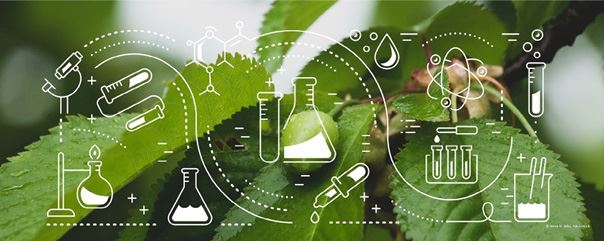The project's scope encompasses leveraging biotechnological and chemo-synthetic approaches to create safer, potentially recyclable epoxy solutions that significantly reduce reliance on fossil resources. The project's objectives are to innovate in the field of industrial biotechnology, creating new knowledge, methodologies, and competences that contribute to the green transition in the chemical and materials sector, while promoting the development of more sustainable industrial products with a lower environmental footprint.
Through collaborative efforts among research organizations and commercial partners, NordiCoats aims to address societal needs for mitigating climate change and reducing environmental pollution, aligning with the principles of a circular economy.
The NordiCoats project was initiated to address the critical need for sustainable alternatives to traditional epoxy compounds, which are predominantly derived from fossil resources and often contain bisphenol A (BPA). BPA and similar compounds pose significant health and environmental risks, including potential endocrine disruption in humans and wildlife.
The project's relevance stems from the growing societal and industry demand for green transition solutions within the high-performance chemical and materials sector. By developing new bio-based epoxy compounds, NordiCoats aims to solve the issues of environmental pollution, reliance on non-renewable resources, and the health risks associated with conventional epoxies, making it highly relevant in today's push towards sustainability and reduced carbon footprints.
Project partners
- SINTEF Industry (project owner)
- SINTEF Community
- SINTEF Ocean
- NMBU
- RISE PFI
- Arbaflame AS
- AlgiPharma AS
- BIoenvision AS
- Jotun AS
This is a Knowledge-building Project for Industry supported by the Research Council of Norway. Project no. 34424.

